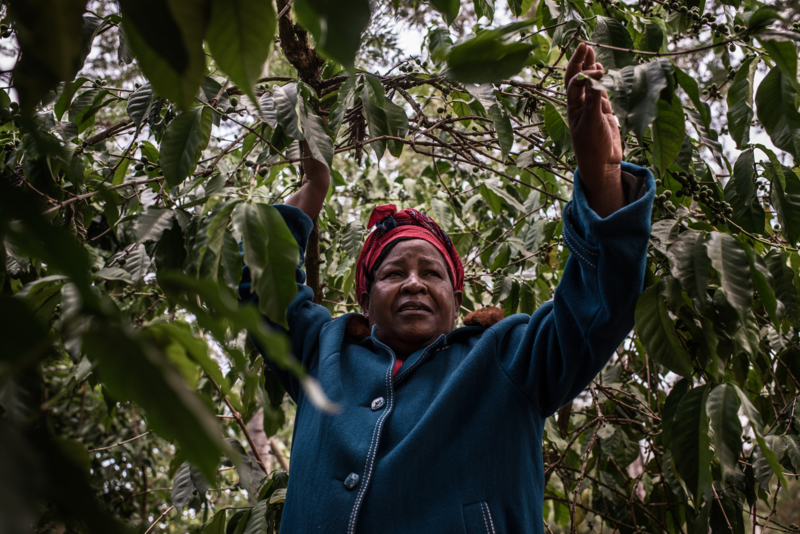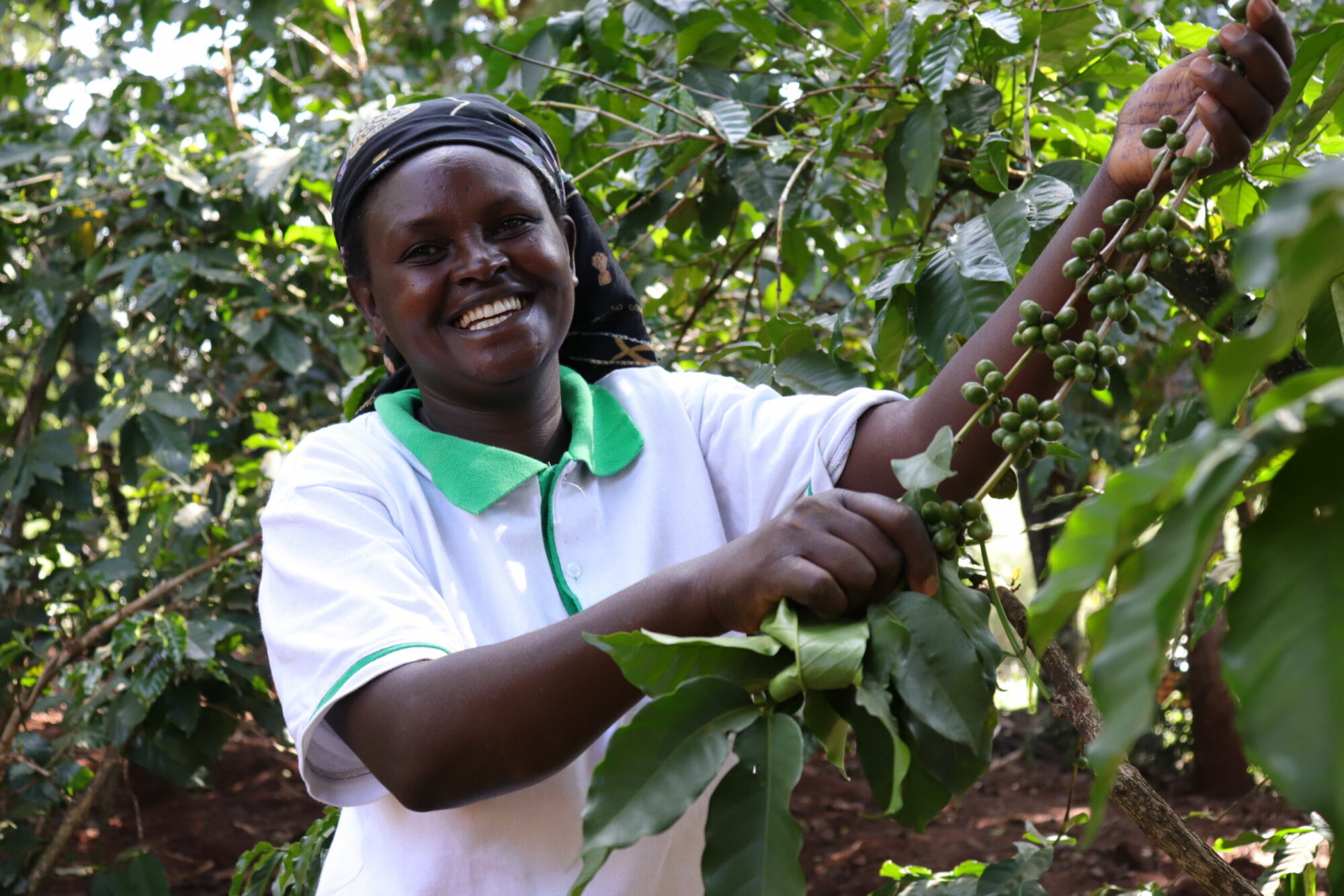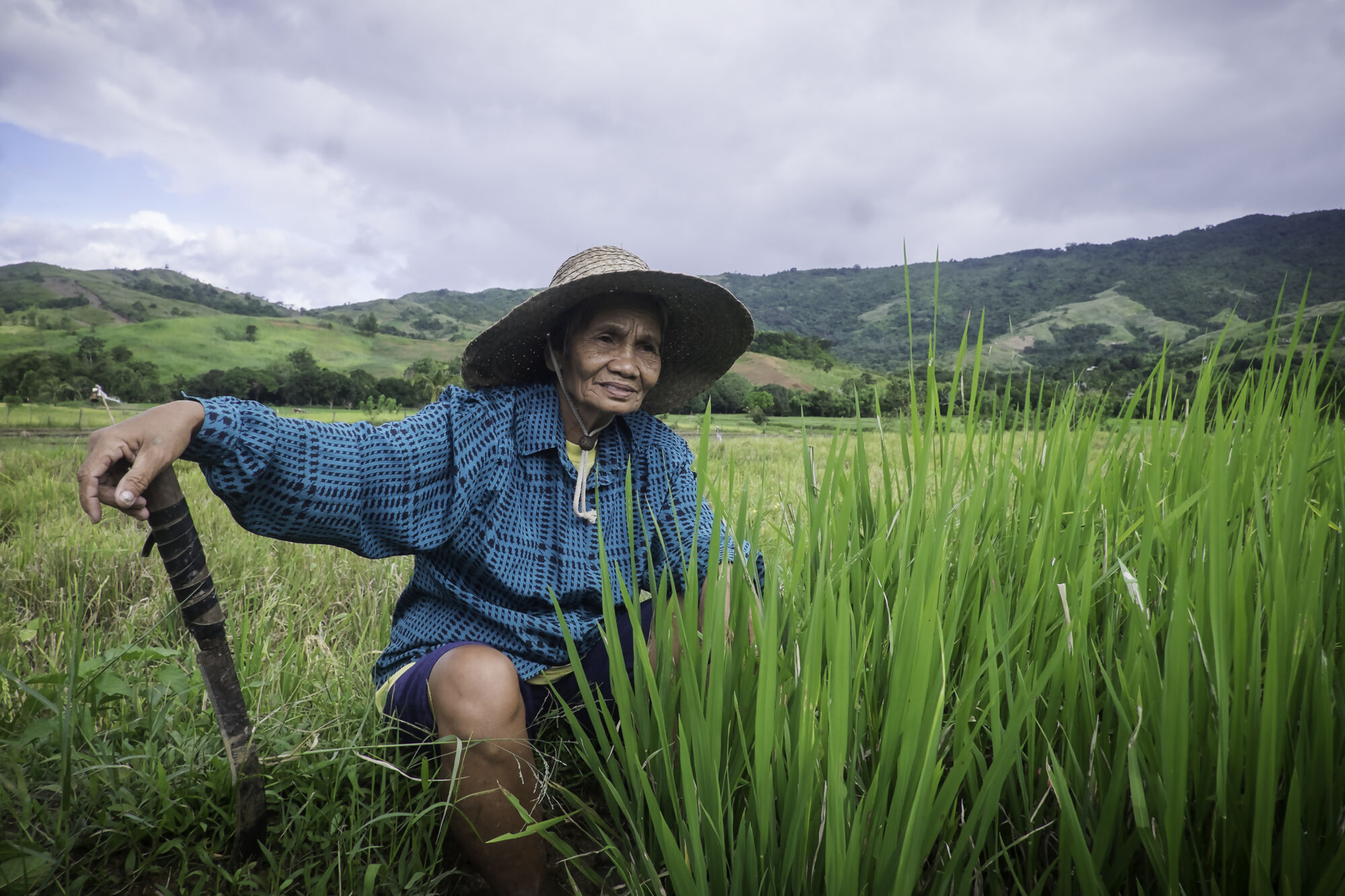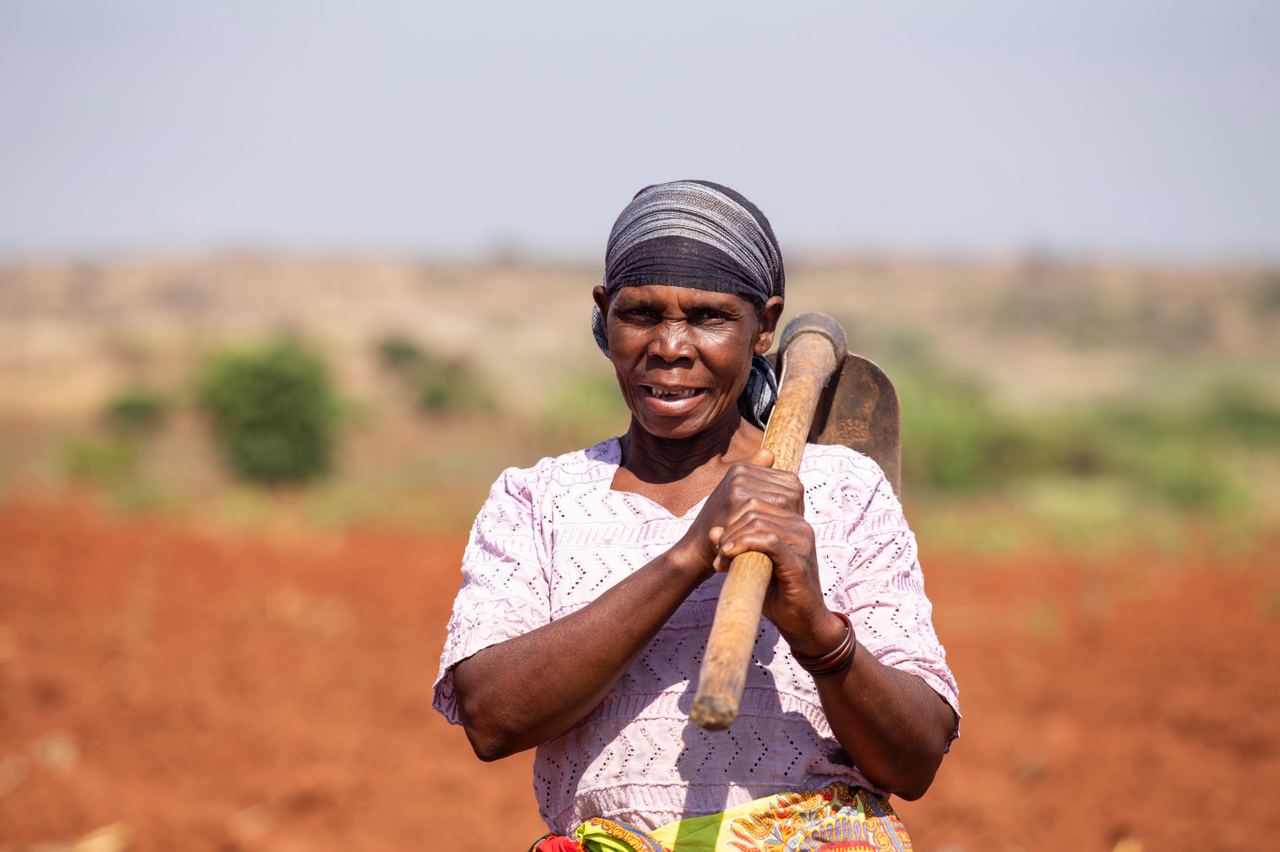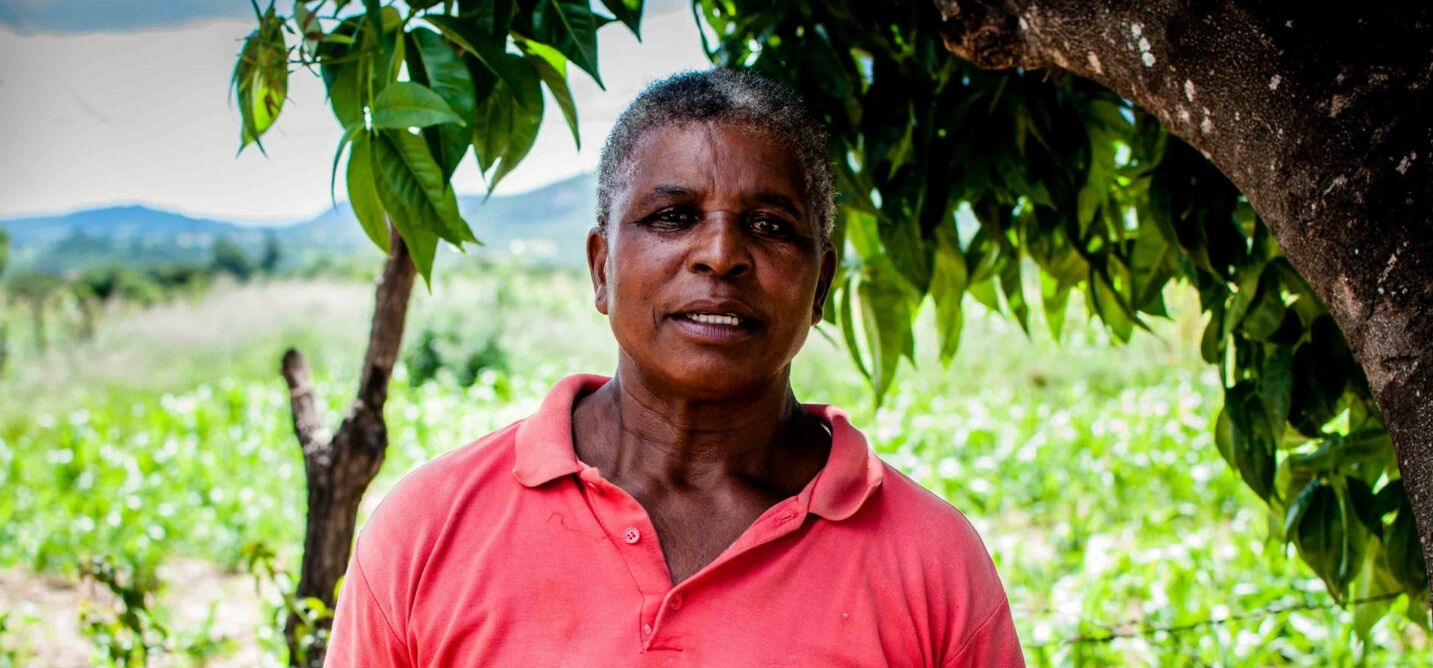“As a single mum to five kids, money never went far enough. It was awful. It would have been different if I’d had the financial skills I now have,” says Beth.

One in two live in poverty in central Kenya
In the district of Kangundo in central Kenya, one in two people live in poverty. Here, coffee is a vital source of income. When Beth retired from teaching in 2008, she became dependent on her income from coffee. But the dormant Kakuyuni Farmers’ Cooperative Society only woke up during the annual harvest, only to then close and leave Beth and the other farmers without access to advice, technical support, or credit. Although as a widow Beth had access to land and could make farming decisions, she lacked the credit and skills to increase her coffee yields and improve her farming practices.
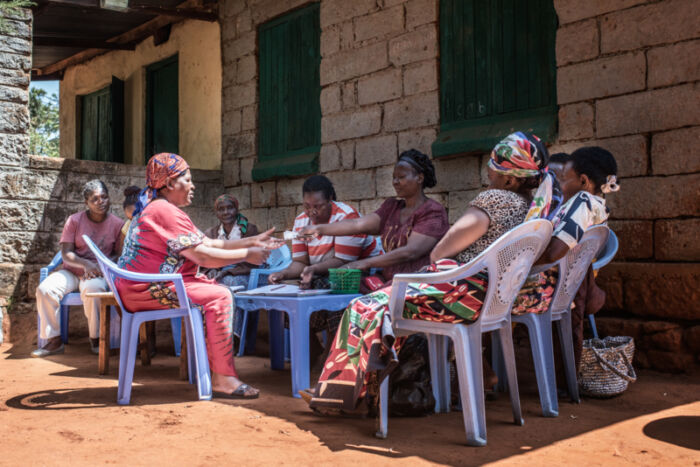
Teachings in gender equality, entrepreneurship, and financial services
In 2010 We Effect initiated a collaboration with Beth’s co-operative, the Kakuyuni Farmers’ Cooperative Society. The co-operative’s staff were trained in how to increase coffee production, utilise its large holding of land to increase the reliability of food supply by growing vegetables, and raise hardy coffee bushes. The members were taught about gender equality, entrepreneurship, and financial services. It was through this initiative that Beth helped to form the Kavilinguni Chui Self-help Group, a savings and loan group, in 2012. The group learnt more about finance, which helped to change Beth’s way of thinking. She talks about the turning point when she took new steps and stopped borrowing money for staples like salt and sugar.
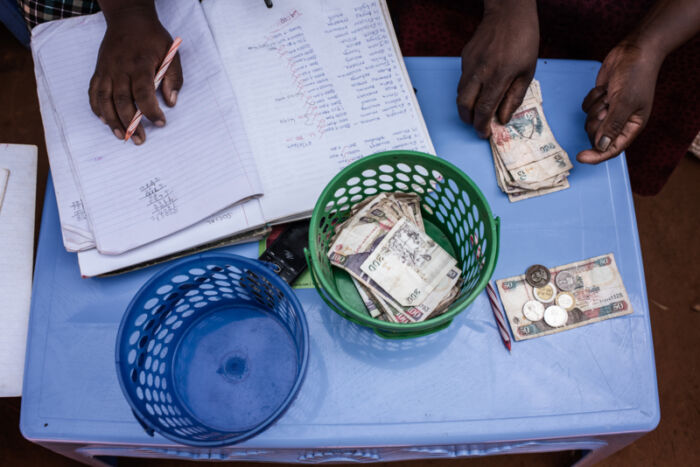
“I started small by selling wood. I forced myself to find ways to earn money. I had to think and be creative so that I didn’t fail and disappoint the group. And over time I was able to invest in goats and cows,” explains Beth. Today, Beth’s 300 bushes produce one tonne of coffee a year. For the last harvest, this equated to just over € 500. The farm has cows, goats, and chickens. Vegetables, fruit, and nuts grow between the coffee bushes. And Beth is no longer worried about not being able to give money to the group each week.
I’m all for women having power over their money. It means everyone can eat well. I advise other women to avoid depending on anyone else and instead become self-sufficient.
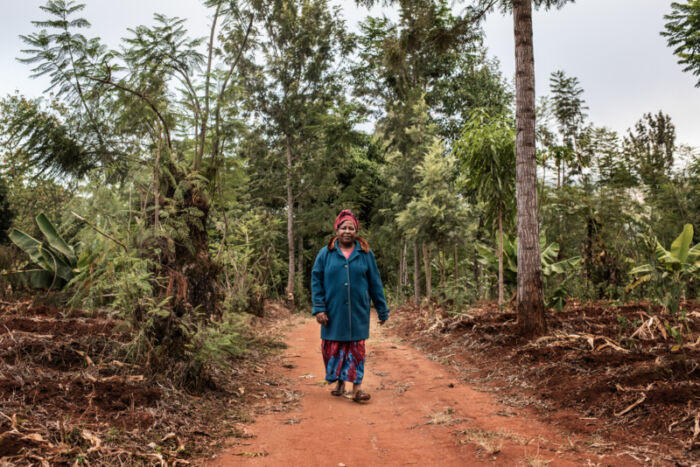
Beth has become a role model in Kakuyuni and is happy to offer tips and advice to other women on how they can generate their own income.
“A chicken is a great investment. A small chicken only costs a pound, and you can sell a grown chicken for five. Once you have more of a buffer, you can buy a calf for € 50, and once it has grown into a cow, you can sell it for over € 150. You have to think big,” Beth says.
